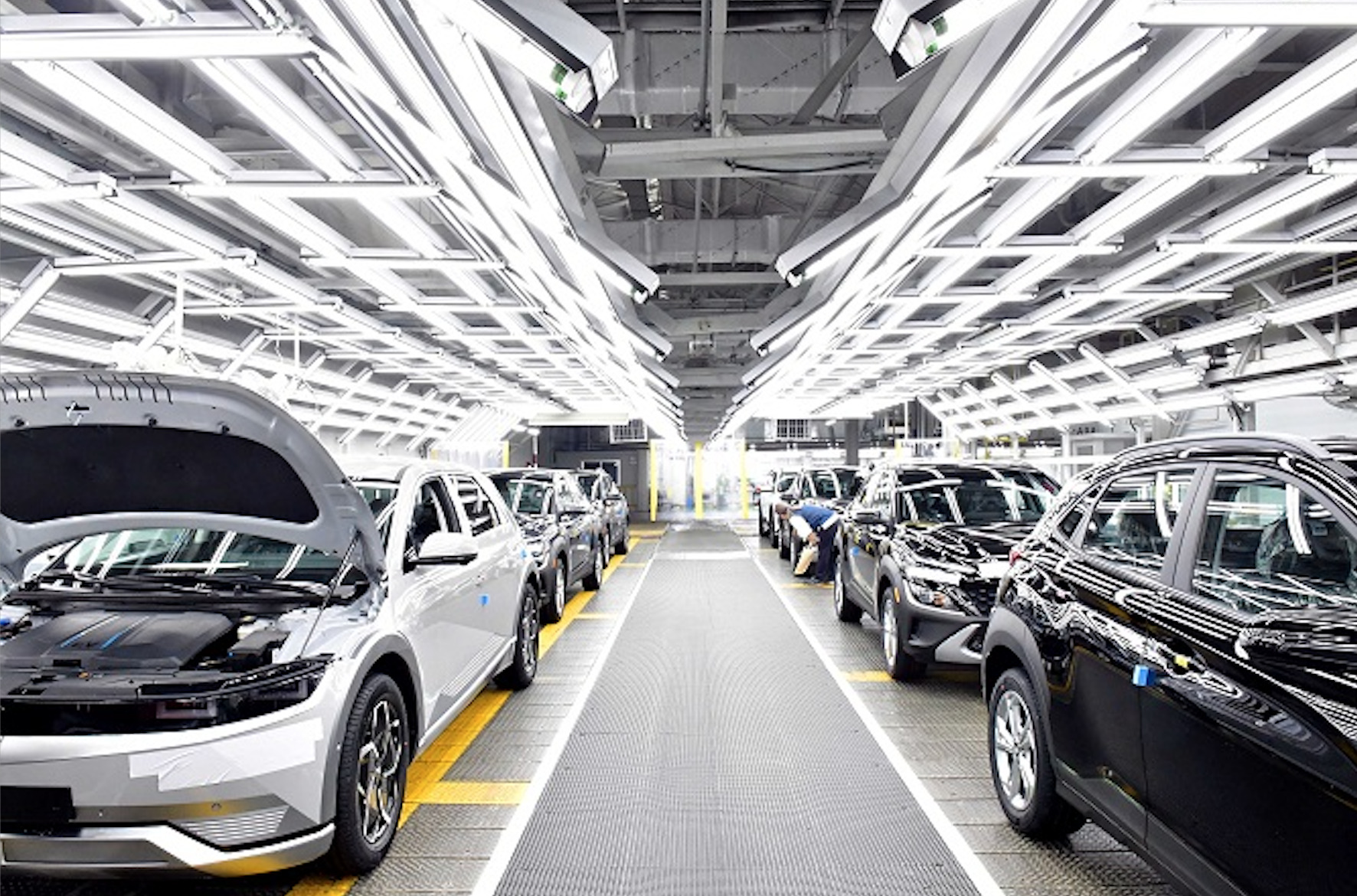Problems for Hyundai Motor Co. in South Korea, as Business Korea informed that the company’s labor union will go on a four-hour partial strike during two days that will start on Sept. 13. If the labor union finally goes on strike, it will mark the first strike for the South Korean carmaker since 2018.
Hyundai Motor’s labor union unanimously decided to hold a two-day, four-hour partial strike for all members on Sept. 13 and 14 at a meeting of the union’s Central Dispute Committee on the afternoon of Sept. 7. The labor union plans to decide whether or not to proceed with the strike after observing the management’s proposals on the core issues of extending the retirement age, eliminating discrimination against non-regular employees, and reinstating fired workers, along with an additional wage proposal that the management will submit by Sept. 12.
If management fails to produce any additional proposal that can satisfy the labor union despite the two-day partial strike, the labor union plans to hold another Central Dispute Committee meeting on Sept. 14 to finalize an additional strike plan.
In this year’s labor agreement, the labor union is demanding a base salary increase of 184,900 won (excluding pay raises), a performance bonus of 30 percent of the previous year’s net profit (including stocks), and a 900 percent increase in bonuses.
Union demands also include extending the retirement age from 60 to 64 to coincide with the national pension eligibility age, management’s formulation of a workforce management plan for a new EV plant, increasing financial sources for housing subsidies, expanding the number of discounted vehicle models for employees, and raising holiday homecoming and summer vacation allowances.
Labor and management have completed collective bargaining successfully for four consecutive years without a strike from 2019 to 2022. If Hyundai Motor’s union puts down tools, it will mark the first time in five years that the automaker will record a labor dispute.






